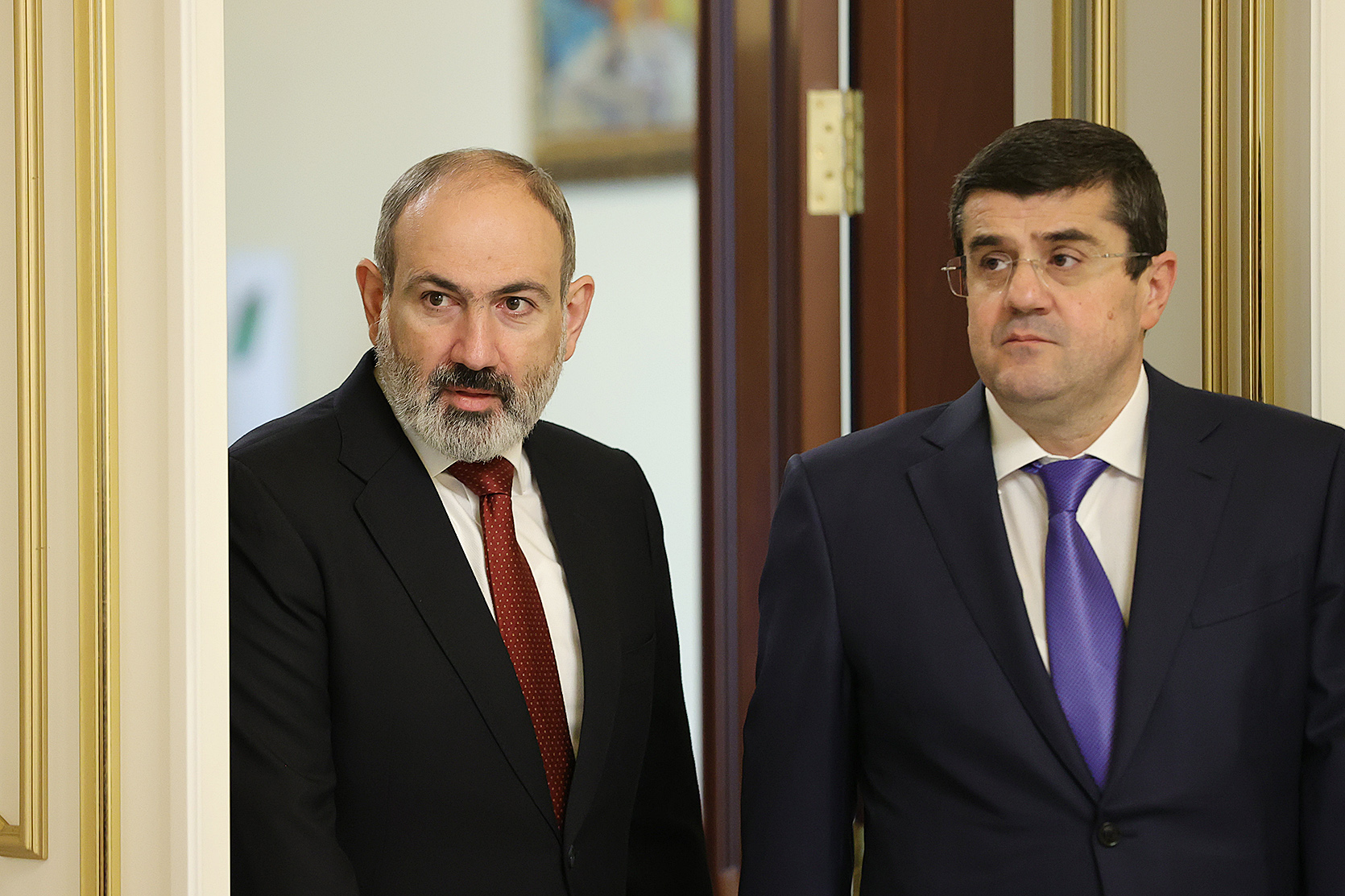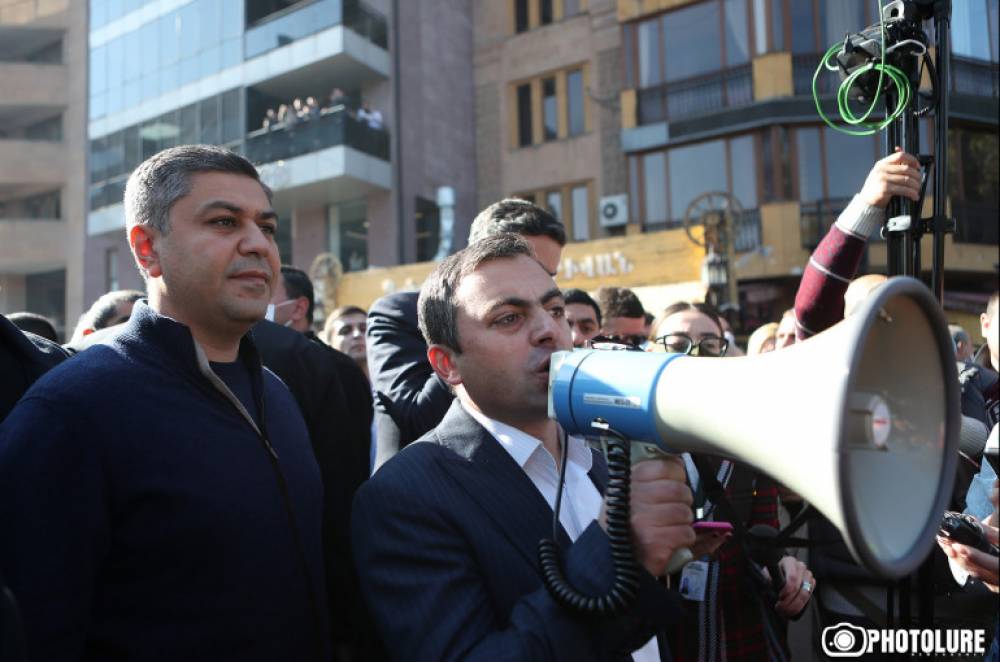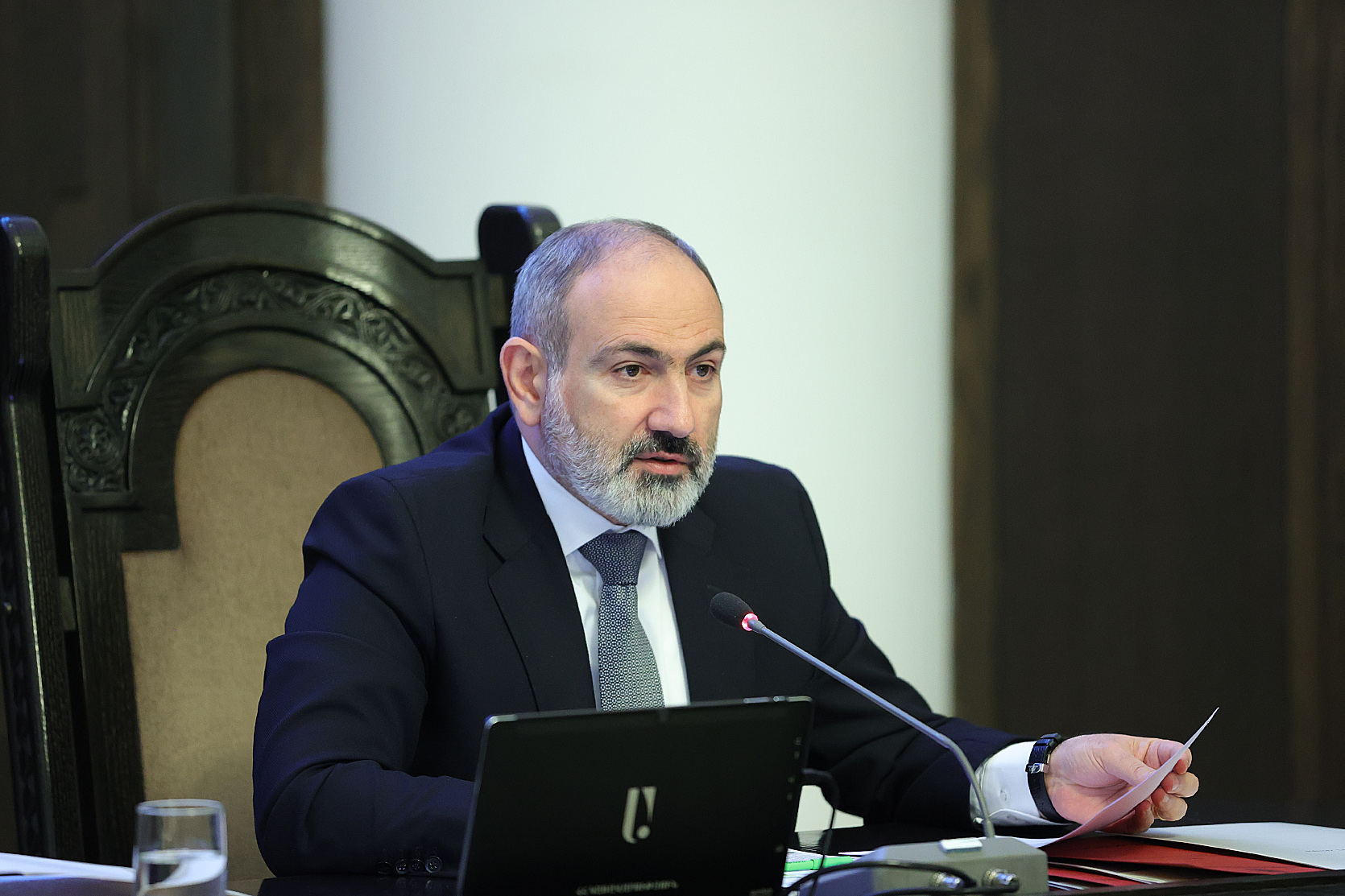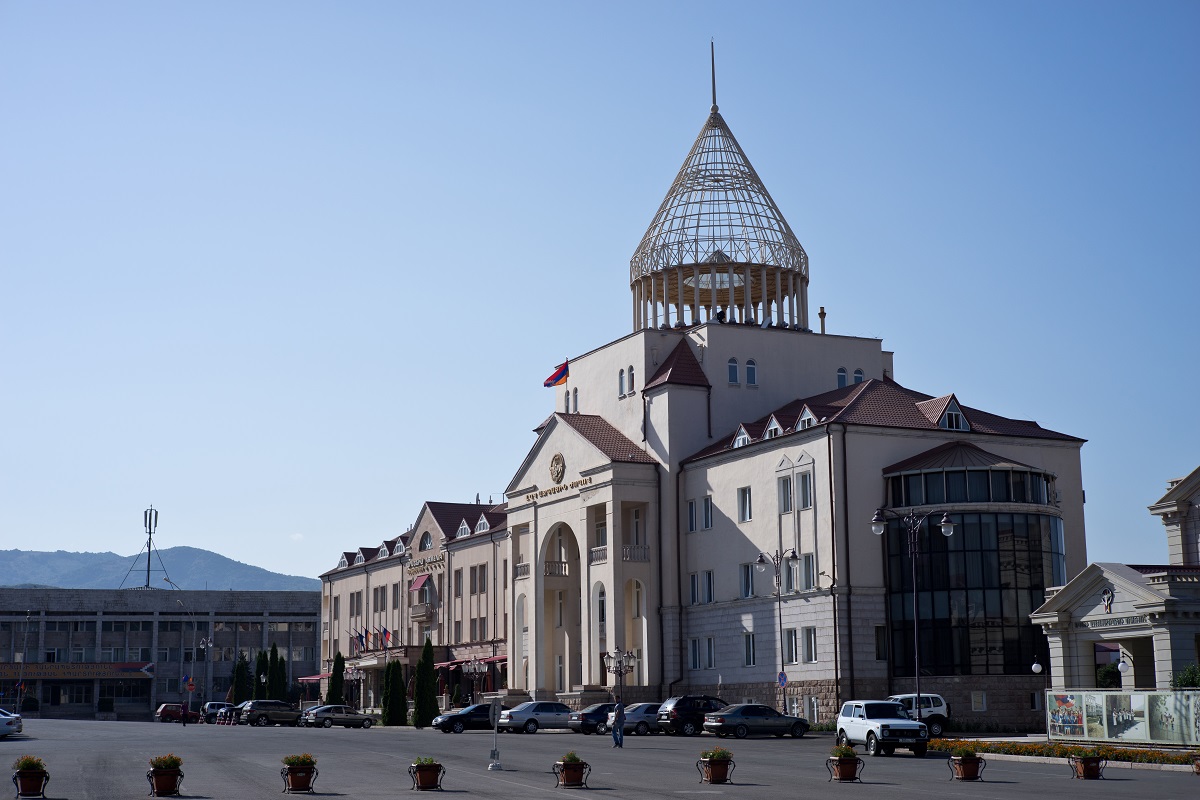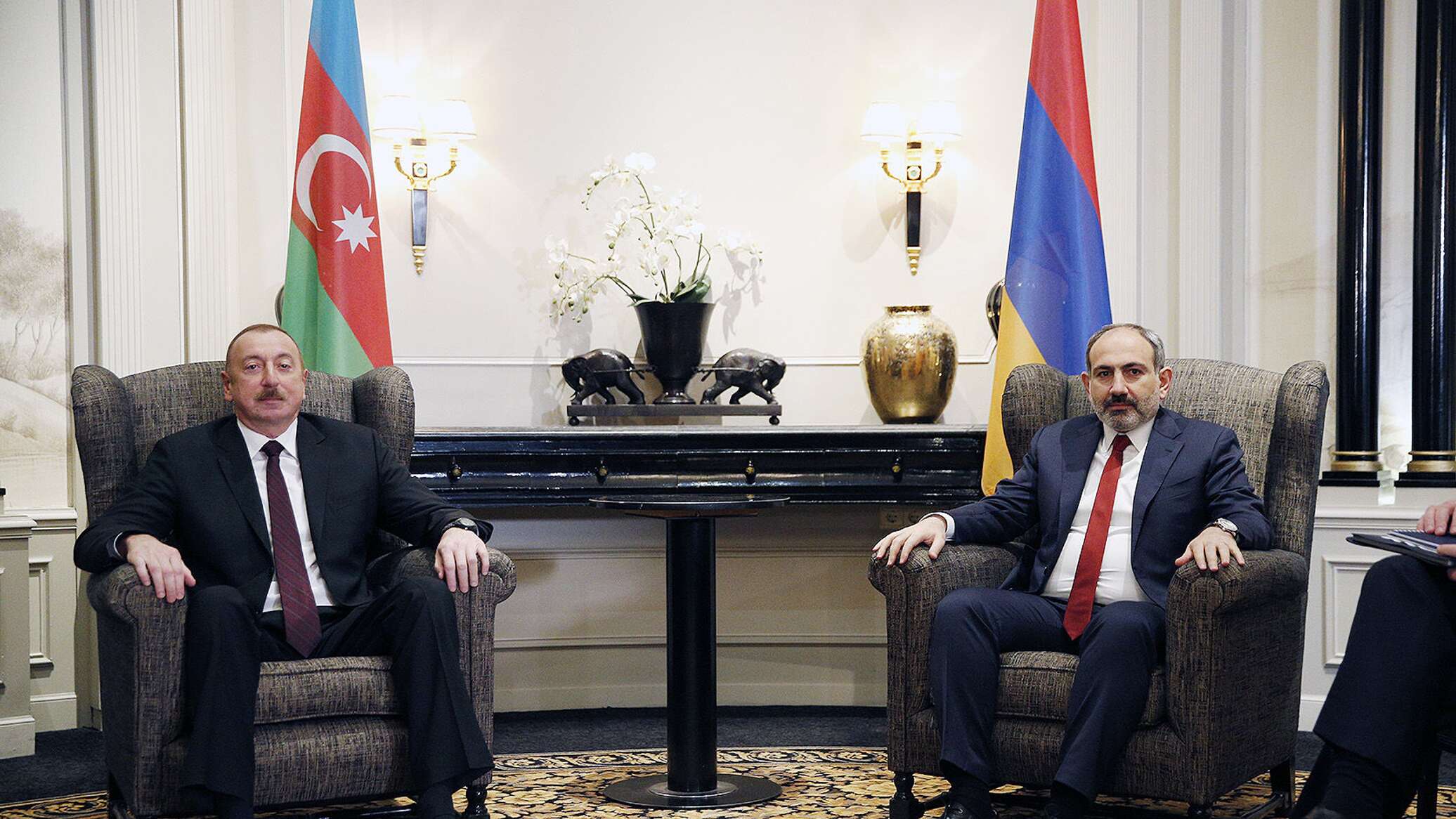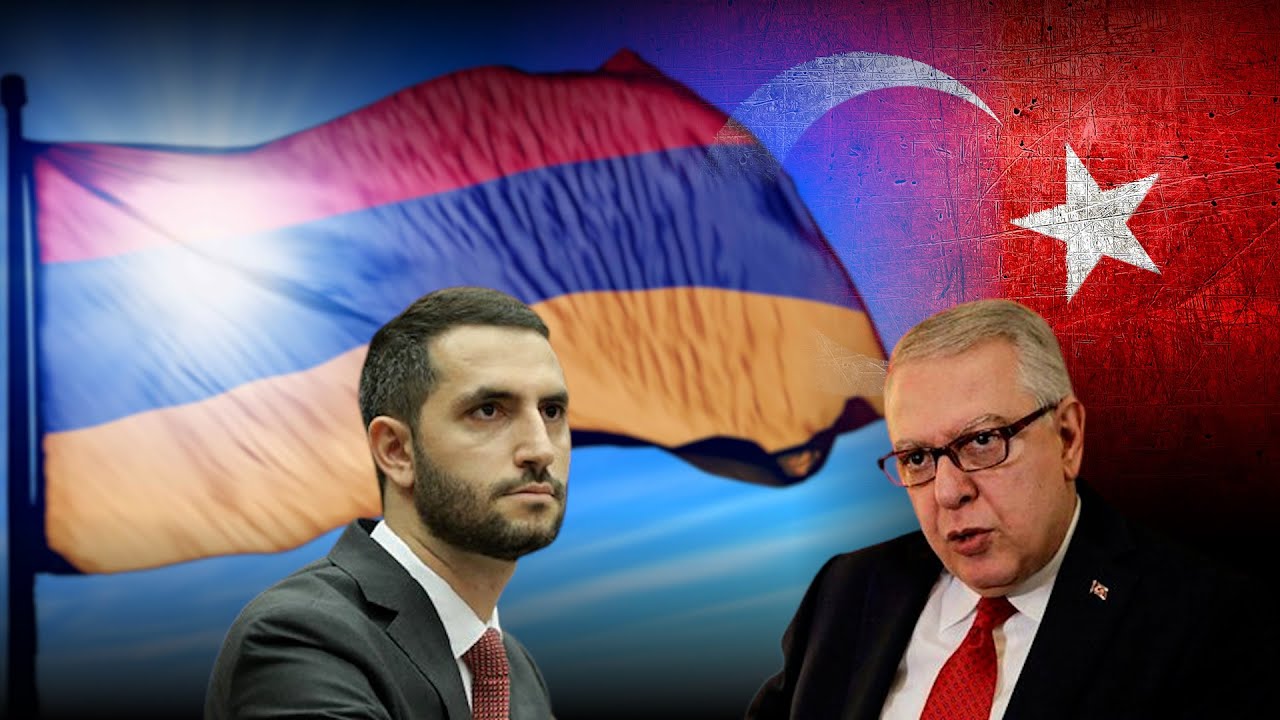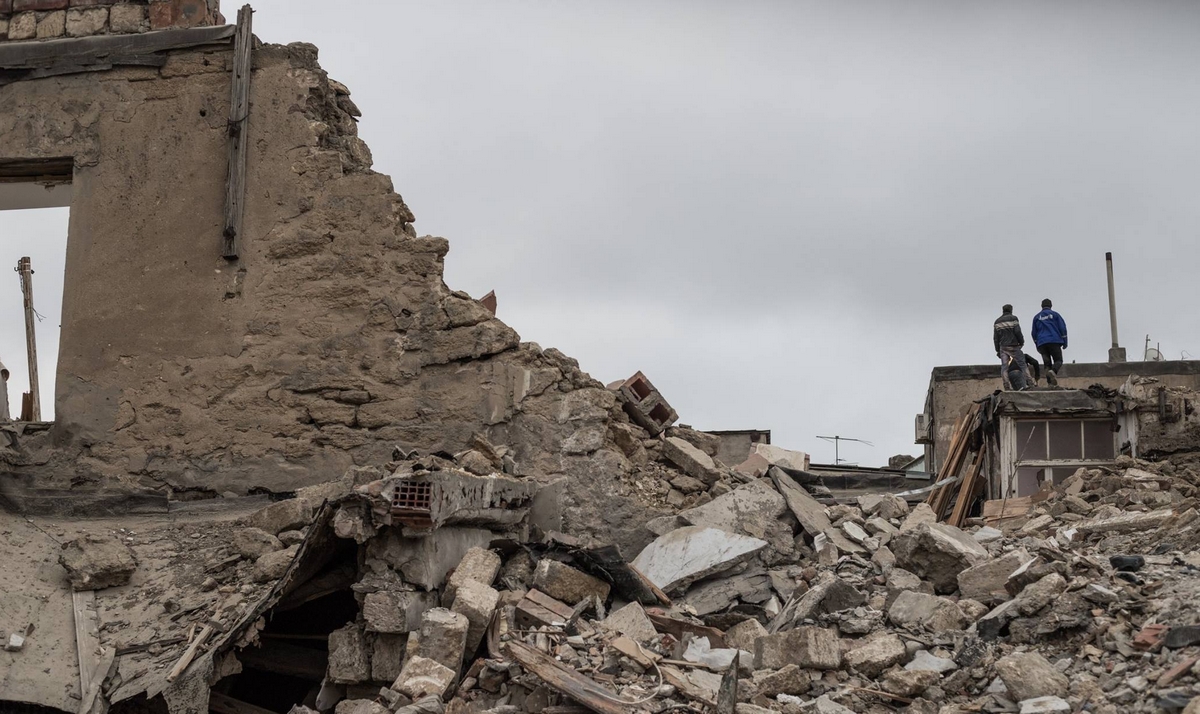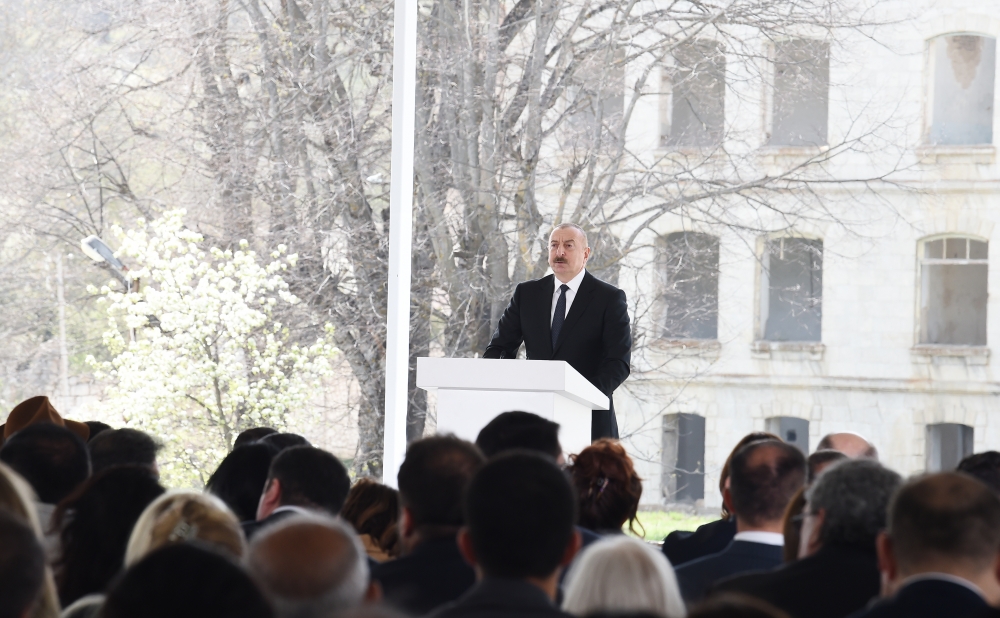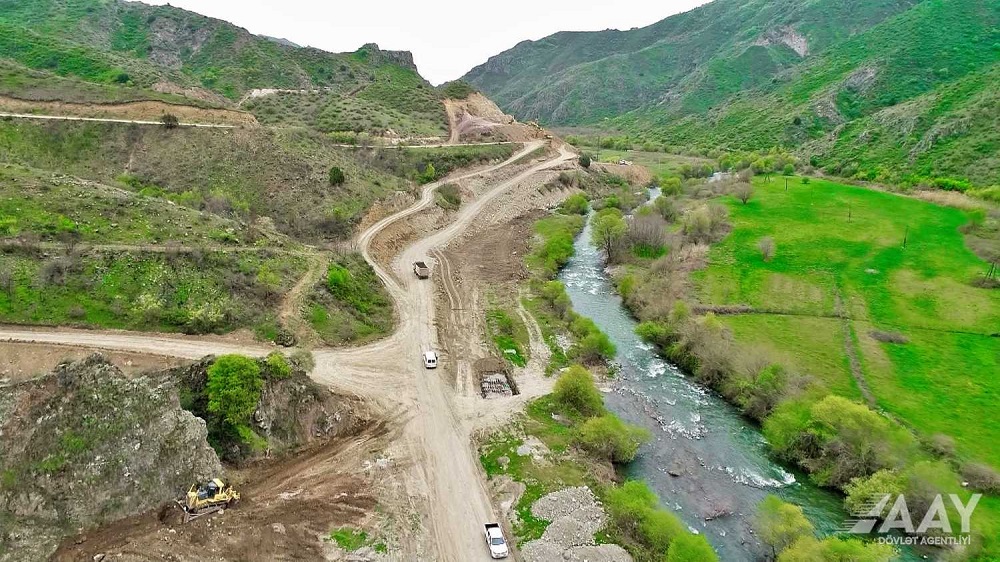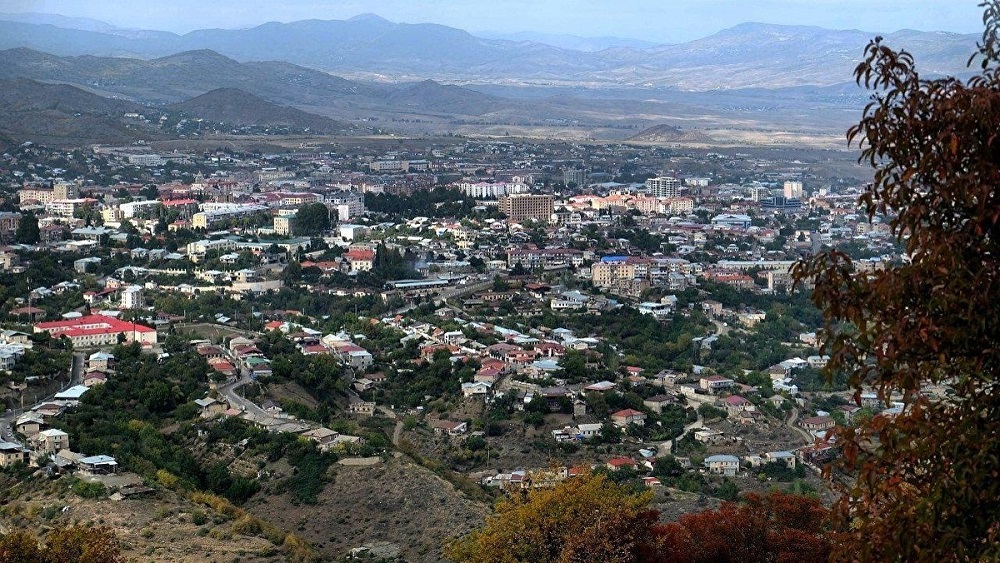Third Pashinyan-Aliyev meeting in Brussels 'productive', parties say
Pashinyan-Aliyev meeting in Brussels
A regular meeting between the President of Azerbaijan and the Prime Mini ster of Armenia took place in Brussels through the mediation of the head of the European Council. At the conclusion of the talks, Charles Michel issued a statement stating:
“We focused on the situation in the South Caucasus and the development of EU relations with both countries, as well as with the region as a whole. The discussion was frank and productive. We have considered the whole range of issues. We discussed in detail humanitarian issues, including demining, as well as efforts to free detainees and resolve the fate of missing persons”.
The previous Pashinyan-Aliyev meeting, mediated by Charles Michel, took place in early April. Then the parties agreed to establish, by the end of April, a commission to delimit the Armenian-Azerbaijani border and monitor its security. However, the commissions have not started their work yet.
More details known at the moment about the negotiations between Nikol Pashinyan and Ilham Aliyev, as well as comments from Yerevan and Bakubelow
- Op-ed: ‘Armenia and Azerbaijan maneuver between Russia and the West’
- Opinion from Baku: “Fate of Azerbaijani enclaves will be decided during border delimitation”
- “Baku wants Karabakh without Armenians” – Pashinyan on Azerbaijan’s policy
Statement by the head of the European Council
In a statement by Charles Michel, the results of the negotiations are divided into several points:
Border issues
In the coming days, the first joint meeting of the Delimitation Commission will be held on the issue of interstate borders. It will consider all issues related to the delimitation of the border and how best to ensure a stable situation.
Communications
The leaders agreed on the need to proceed with the unblocking of transport links. They agreed on the principles governing transit between Western Azerbaijan and Nakhichevan, as well as between various parts of Armenia through Azerbaijan, through international traffic and via the communication infrastructure of both countries.
In particular, they agreed on the principles of border management, security, land fees, as well as customs duties in the context of international transport. Vice-premiers will continue this work in the coming days.
Peace agreement
The leaders agreed to continue discussing a future peace treaty regulating interstate relations between Armenia and Azerbaijan. Groups led by foreign ministers will continue this process in the coming weeks. In addition to this, I also called on both leaders to consider the rights and security of the ethnic Armenian population in Karabakh.
Socio-economic development
Together with the parties to the conflict, EU will promote the work of an economic advisory group that seeks to promote economic development for the benefit of both countries and their peoples. I also stressed the importance of preparing the population for a long-term sustainable peace. The EU is ready to step up its support. We agreed to remain in close contact and will meet again in the same format by July-August”.
Reports from Yerevan
On the eve of the meeting in Armenia, the possibility of signing some document was actively discussed. The assumptions about signing of a peace treaty with Azerbaijan with the recognition of its territorial integrity together with Nagorno-Karabakh in its composition caused a special concern. The Secretary of the Security Council Armen Grigoryan was forced to announce that there were no plans to sign any document.
Unrest in Armenia
The Prime Minister of Armenia went to Brussels for talks amid the ongoing opposition street struggle demanding his resignation. For almost a month, opposition supporters block the streets, hold marches and rallies, during which Nikol Pashinyan is declared a “traitor of national interests”, demand a change of power in order not to allow the current prime minister to agree to any status of Nagorno-Karabakh as part of Azerbaijan.
On the eve of the meeting in Brussels, the Supreme Spiritual Council chaired by Catholicos of All Armenians Garegin II also made a statement addressed to the Armenian authorities. It talks about
- “reprehensible hostile attitude towards Armenia, Artsakh and the Armenian people on the part of the Azerbaijani authorities;
- regular military provocations on the borders of Armenia and Artsakh;
- strikes of the Azerbaijani Armed Forces on the civilian population;
- prisoners of war held in Azerbaijan;
- destruction and appropriation of the Armenian spiritual and cultural heritage in the territories controlled by Azerbaijan.
In this regard, and taking into account the context of geopolitical events in the world, the council called on the Armenian authorities “to be vigilant so that the right of the people of Artsakh to self-determination does not become a subject of bargaining”. The statement also says:
“Peace cannot be established through the humiliation of national dignity, in the context of ongoing encroachments on the territorial integrity of our state, the presence of prisoners of war, the constant threats of Azerbaijan, and the propaganda of Armenophobia. Peace must be based on justice, dignity and respect for rights.
Regardless of existing pressures and external threats, especially in the context of internal social polarization, the authorities of Armenia and Artsakh should not take steps that threaten the independent Armenian statehood and the future of Artsakh, and should not compromise on their commitment to the fundamental rights of the nation and the pursuit of historical justice”.
Commentary from Yerevan
Historian, and political scientist Areg Kochinyan commented on the relations between Armenia and Azerbaijan, and the possible approaches of the Armenian side to the negotiations in Europe:
“Armenia needs peace. Armenia faces the imperative of peace. But to what extent the current authorities are ready not to succumb to momentary public moods and implement what Armenia needs, this is a completely different question”.
Speaking about the delimitation of the Armenian-Azerbaijani border, the expert notes the “competition” between the Brussels and Moscow platforms for negotiations on who will lead this process, and who will be the main mediator:
“This is actually a very dangerous process for Armenia, because, on the one hand, there is a huge dependence on one platform – Moscow, on the other hand (what I think is a much more profitable for Armenia and a much more effective) European mediation.
I’ll explain why. Russian mediation means delimitation and demarcation based on political expediency. That is, they will be carried out in the way that Russia needs at the moment. It is clear that Russian mediation is incompatible with the legal framework. And the involvement of European experts, which at the same time means the involvement of OSCE experts, and international experts, inspires greater hope that the process will take place on a legal basis.
This does not mean at all that decisions on all issues will be in favor of Armenia, but it means that the game will be predictable, and it will also be a legal process, not a political one, which will give us solemn guarantees in the future.
The Armenian Foreign Ministry must solve a very serious problem: without irritating the Russian side, ensure the participation of European experts. The best option would be a joint process, but both Russian partners and foreign partners are not ready to sit down at the same table because events in Ukraine are ongoing”.
Regarding the future of the OSCE Minsk Group, which acted as a mediator for the peaceful settlement of the Karabakh conflict before the 2020 war, and the insistent demand of the Armenian side to resume negotiations in this format, the political scientist believes:
“In fact, Yerevan does not stubbornly refer to the Minsk Group because it simply chooses to. There is a very serious danger that if the co-chairs of the Minsk Group do not deal with the conflict, then the Russia-Turkey tandem will deal with it. This carries catastrophic risks for Armenia, because in any case, when Russia and Turkey begin to deal with the issue of Armenia, this leads to tragic consequences for Armenia. Evidence of this is the history of the Armenian people over the past two hundred years.
The only obstacle to the development of this scenario, in fact, remains the Brussels format, which our authorities think is not enough. Therefore, Armenia is persistently talking about the Minsk Group, hoping that there will be some changes in international relations, that the West will make sufficient differentiation in its approaches in Ukraine and in this region, and will continue to work in the format of the Minsk Group”.
Areg Kochinyan does not consider the departure of Russian peacekeepers who ensure the security of the population of Nagorno-Karabakh to be something unrealistic. Therefore, he believes that Armenia needs to discuss a peace agreement with Azerbaijan and normalize relations with Turkey:
“The only guarantee of security that the people of NK actually have now is Russian peacekeepers, the presence of which does not depend on Armenia in any way. Armenia has nothing to say on this issue – will [peacekeepers] leave or stay. I don’t know how serious it is to expect something from Armenia in this matter. Very often, when a demand is made: “Don’t give Artsakh to Azerbaijan”, one must understand that the addressee of the demand is no longer our authorities.
As a result of the 44-day war, what was won from Artsakh is under the control of Azerbaijan, and what was not won is now under the control of Russia. Control is that Russian peacekeepers provide security in Artsakh. And if the demonstrators [who took to the streets from Yerevan demanding the resignation of the prime minister and a change of power to those who will not allow NK to be part of Azerbaijan] believe that their demonstrations can influence the decision maker, for the sake of exoticism, I would suggest that they hold these demonstrations in Moscow to put pressure on the decision maker.”
Comment from Baku
Yesterday’s Aliyev-Michel-Pashinyan talks, in principle, were in the nature of clarifying steps aimed at accelerating decisions on previously reached agreements, political observer Agshin Karimov believes.
“If we summarize the statements following the results of both the Brussels and Moscow talks, the use of the expression “Nagorno-Karabakh” is not allowed, and the OSCE Minsk Group is also not mentioned. It is also worth noting that the disputed points existing between the parties are in no way characterized as a conflict.
Based on this, we can conclude that the provocative moments that took place in the old days can no longer find a place in documents and statements, which is an indisputable advantage of Azerbaijan, which is actively engaged in diplomatic work in the post-conflict period.
The positions of the Armenian side are weakening, because. Yerevan is gradually losing the factors fueling the confrontation, and this leads to the dominance of the position of Azerbaijan.
As for Charles Michel’s statement on yesterday’s talks, it is worth paying attention to a few points:
- The topic of those who went missing during the first Karabakh war was touched upon (previously this issue was also on the agenda of the European Union);
- A joint meeting of the Azerbaijani-Armenian commission on border issues will be held directly on the border of the two countries;
- Aliyev and Pashinyan agreed to continue work in the direction of opening communications;
- In the coming days, the Deputy Prime Ministers of both countries will continue to work on the agreed issues of border management principles, security, as well as customs regulations and payments for international transportation. This is an innovation that has never happened before.
Here the Zangezur corridor comes to the fore without drawing a parallel with the Lachin corridor.
- Delegations from the ministries of foreign affairs will meet to prepare a peace treaty.
- Until July-August, with the mediation of the European Union, another meeting between Aliyev and Pashinyan will take place.
- The European Union will develop an advisory council on economics for the benefit of both countries and their peoples.
These points summarize all the agreements reached so far through the mediation of Moscow and Brussels and essentially open up a new window of opportunity.
The position of the European Union regarding the negotiation process shows that Brussels is demonstrating the will to achieve a long-term and sustainable peace.
It must be admitted that the position of the EU differs from the positions of the US and Russia in that economic interests dominate here, while political interests are relegated to the background.
In Charles Michel’s statement yesterday, there is a point worth mentioning, because it can be manipulated.
It is about the rights and security of Armenians living in Karabakh. The fact is that this issue is mentioned in Michel’s statement completely in the spirit of Azerbaijan’s interests.
Azerbaijan already guarantees the security of the Armenian population on its territory.
According to the country’s constitution, the state guarantees the equality of rights and freedoms of all citizens, regardless of race, ethnicity, religion and language.
In other words, all the rights and freedoms regulated by the fundamental law of Azerbaijan can be applied to the Armenian population, but there is an important condition. Armenians living in Karabakh must choose for themselves: live under the laws of Azerbaijan, accept its jurisdiction or not submit to Baku.
One way or another, Azerbaijan will sooner or later restore its sovereignty in the territories where the Russian peacekeeping contingent is temporarily stationed,” Karimov said.










